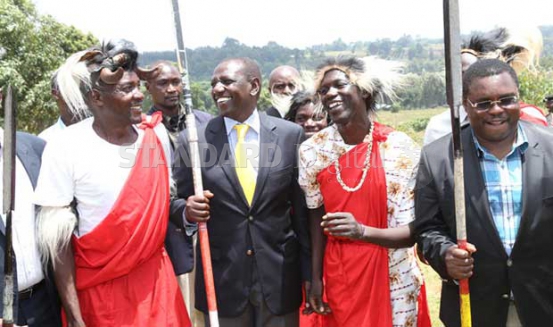×
The Standard e-Paper
Home To Bold Columnists

The ICC Appeals Chamber’s decision quashing use of recanted evidence in the case against Deputy President William Ruto may have improved his chance of winning the acquittal motion.
Observers and participants in the case say Friday’s decision removed a significant plank of the body of evidence to be considered when determining whether the DP and his co-accused Joshua arap Sang have a case to answer.